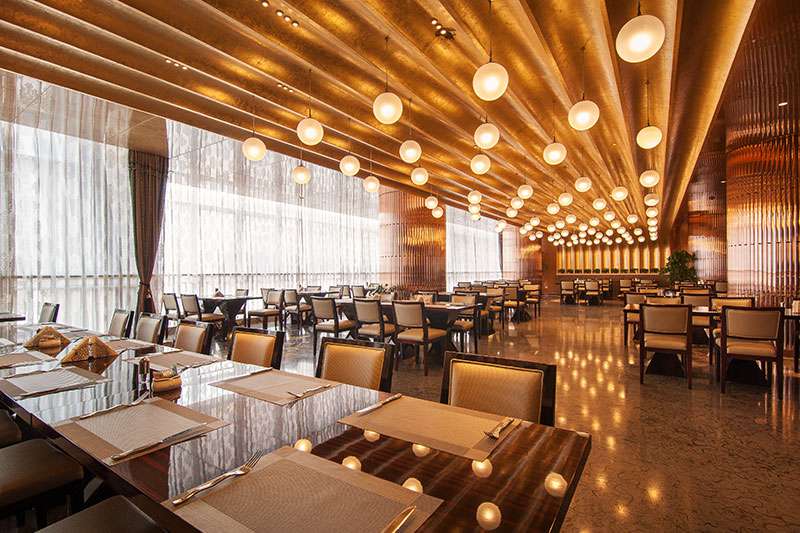Tel: (+86) 18029908168
Need help or have a question?
Contact us at: info@honkonlighting.com
Factory Address:
No. 7, Yihui 2nd Road, Maohui Industrial Zone, Henglan Town,Zhongshan, Guangdong, China.
When it comes to selecting pendant lights for your home, it's essential to pay attention to two critical factors: color temperature and brightness. These elements play a significant role in setting the mood, enhancing visibility, and ensuring that your space is both functional and aesthetically pleasing.

Understanding Color Temperature
Color temperature is a measure of the warmth or coolness of the light emitted by a bulb. It is measured in Kelvins (K), and it can greatly impact the ambiance of a room.
- Warm White (2700K-3000K): Warm white light is cozy and inviting, making it suitable for bedrooms, living rooms, and dining areas. It mimics the soft, warm glow of incandescent bulbs and creates a relaxing atmosphere.
- Cool White (4000K-4500K): Cool white light is bright and energizing, making it ideal for kitchens, offices, and workspaces. It provides good visibility and promotes concentration.
- Daylight (5000K-6500K): Daylight mimics natural sunlight and is suitable for tasks that require precise and accurate lighting, such as reading, crafting, or detailed work.
Understanding Brightness
Brightness, measured in lumens (lm), determines how much light a bulb or fixture emits. The right level of brightness depends on the room's purpose and size.
- General Lighting: For general illumination in common areas like living rooms and dining rooms, aim for 150-250 lumens per square meter.
- Task Lighting: Task-oriented spaces like kitchens and work areas require higher brightness. Aim for 300-400 lumens per square meter.
- Accent Lighting: Accent lighting is used to highlight specific features or objects. It should be brighter than general lighting, typically 400-600 lumens per square meter.
In conclusion, choosing the right pendant lights involves a thoughtful consideration of both color temperature and brightness. By understanding how these factors affect the atmosphere and functionality of a room, you can make informed decisions that enhance your living spaces.